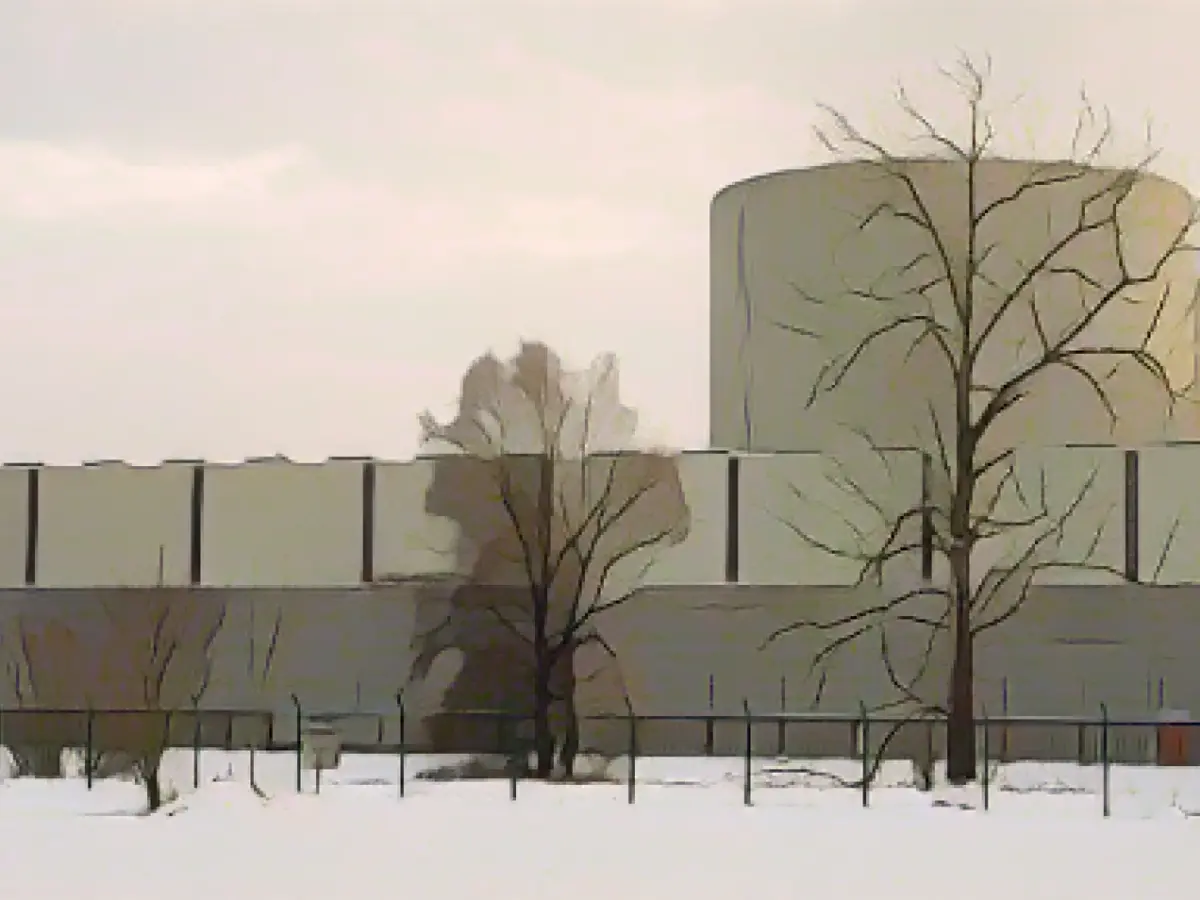Local Residents Challenge Nuclear Waste Storage Facility Approval in Court
The safety of the interim nuclear waste storage facility in Gundremmingen, Swabia, has once again faced scrutiny in court since Thursday. Some local residents living near the storage facility have filed a complaint with the Bavarian Administrative Court (VGH) in Munich, demanding that the Federal Republic revoke the 20-year-old license for the nuclear facility at the former nuclear power plant.
The plaintiffs argue that the facility is insufficiently protected against the crash of a large passenger plane or an armed military aircraft. During the hearing at the VGH, various legal issues were discussed with the parties. One of these issues was whether the permit granted in 2003 should be grandfathered.
Following the all-day hearing on Thursday, the VGH chose to continue the proceedings in writing. The final ruling will be presented without assigning a subsequent hearing date, estimated to take a few weeks according to a VGH spokesperson.
The plaintiffs are hopeful following a 10-year-old ruling from northern Germany. In June 2013, the Higher Administrative Court in Schleswig revoked the approval of the interim storage facility in Brunsbüttel, with the Federal Administrative Court later affirming the decision. The judges had assumed that the Brunsbüttel interim storage facility had not been extensively tested against terrorist attacks such as the targeted crash of an Airbus A380 or an attack with armor-piercing weapons.
The Federal Operator of the storage facilities, BGZ Gesellschaft für Zwischenlagerung, had previously dismissed doubts about the safety of the storage facilities before the Munich hearing. "The BGZ interim storage facilities are among the most secure facilities in Germany," spokesman Burghard Rosen stated, emphasizing that safety is continually checked, and buildings are retrofitted as needed. Even in the event of a terrorist-caused airplane crash, there would be no danger to the regional population.
However, the plaintiffs' lawyer criticized the classification of crucial security information as secret by the authorities and the partial disclosure of expert reports during the court proceedings. "Everything of substance has been blacked out," criticized the plaintiffs' lawyer. Under these conditions, it is challenging to conduct a trial in nuclear law in Germany.
The construction of interim storage facilities was first planned and built at the sites of German nuclear power plants in the early 2000s. The nuclear waste from the reactors is to be stored at the decentralized sites until a final storage facility becomes available in Germany. The VGH had previously dismissed complaints against the storage facility in Gundremmingen and the two other interim nuclear storage facilities in Lower Bavaria and Lower Franconia in 2006.
The interim storage facility in Gundremmingen is currently licensed until 2046 for the storage of Castor casks containing fuel elements. With three nuclear reactors, Gundremmingen was once one of the largest nuclear power plants in Germany and has been decommissioned for almost two years.
Nuclear Waste Transport and Final Storage Concerns
As mentioned earlier, the current legal disputes are not limited to the Gundremmingen facility in Swabia, but rather extend to the broader issue of nuclear waste management and storage across Germany.
Environmentalists have raised criticisms against the transportation of nuclear waste from the Jülich Nuclear Research Center to the interim storage facility in Ahaus, Westphalia. The lack of a clear concept for final storage and the potential risks associated with transporting highly radioactive materials through populated areas have caused concern.
There is also a general concern about the lack of a comprehensive plan for the final storage of nuclear waste. Environmental groups argue that this issue is being passed on to future generations without adequate solutions. The German government has faced criticism for its handling of nuclear waste, including the transport and storage processes. These challenges have led to legal and political challenges, further hindering the improvement of the nuclear waste management system.






